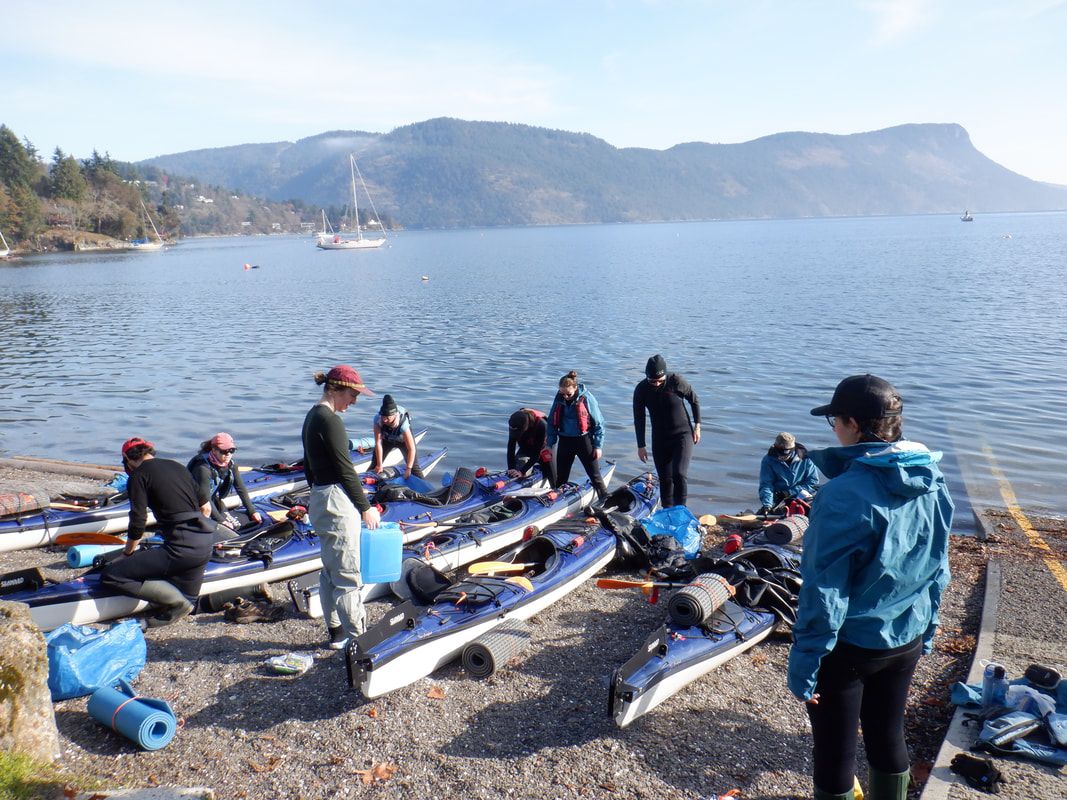 Smartphones. Captivating, empowering, and enslaving devices. Can we resist their temptations? Yes, of course. Do we resist their temptations? Probably less often than we should. Since smartphones entered the market in 2007 they have revolutionised the world, both for better and for worse. Now, in an instant, seemingly anything you want to know and anyone you want contact is right at your fingertips. In mere moments we can learn all the successes and failures of generations or witness, in vivid detail, the splendor of others’ lives. Yet, with such innovation also came a surge in reports of anxiety and depression – even though humanity is more “connected” than ever, we are also increasingly lonesome. Everyday we are bombarded with so much information that fact and fiction have become blurred in captivating headlines while instant gratification becomes so commonplace that patience is almost considered a waste of time and sleep deprivation an elected choice. With so much knowledge and opportunity available, do we really have time to relax? I have had a smartphone for ten years. Ten years of constant connection. If I want to know something, I Google it, if someone wants to talk to me, they call or text and I answer shortly because my phone is never far away. This device has become an extension of my body, with my visual cortex and reward centers sending a rush of dopamine through my veins every time I look at it. On more than one occasion I have panicked thinking I have misplaced my phone only to discover that I am holding it to my ear on a call. The explanation: my brain is compelled to look at the device every so often; however, when it realized that, for some reason, my phone was no where to be seen, it became stressed – like an addict needing their fix. Oh seductive smartphone, how I need you. Still, I remember my childhood, before your creation, when I would spend stress free summers splashing along shorelines in the pursuit of frogs, frolicking in fields making wildflower bouquets, and gardening with my grandfather helping him plant his famous beans. A time when experiences were personal and media was only accessible through the television or a desktop computer. Since you came into my life have we ever been apart? I think not. That was until last year – “No phones allowed” said the Outward Bound guides, on the eve of our 10-day wilderness expedition. In late October 2019 I became a member of the Canadian Wildlife Federation’s Canadian Conservation Corps which provides young environmentally driven Canadians with networking and professional opportunities. For the first portion of this program participants are joined with nine other youth from across the country to take part in a wilderness expedition with the goal of strengthening their bonds to nature. Our expedition began in Comox, British Columbia where we gathered at an Outward Bound camp to pack and prepare for our 10 day sea kayaking adventure through the Southern Gulf Islands. There, on the day before our departure, we sifted through our belongings, moving items into stuff sacs ensuring that we were prepared, but not overpacked for our early November journey. That is when they said it. “No phones allowed, turn them off and pack them away in your suitcase.” In an instant the playful atmosphere of the group changed to one of mild anxiety and fear as we analyzed our guides faces, not sure if they were serious. Feeling our apprehension, the leaders assured us that the ocean was no place for expensive electronics. We were then given a few minutes to inform our loved ones and with that, for the first time ever, my phone was left behind. That night as we sat together under the light of headlamps, we each chose a job for the next day. You could be the leader (responsible for nautical navigation), ethnobotanist (educator on a native species), foodie (chef), scrubby (dishwasher), tarpologist (responsible for securing both kayaks and tarps), storyteller (journalist and leader of daily reflections - they were also given a basic waterproof digital camera for pictures) or hydro-pyro (responsible for water and fire). I chose to be a leader. 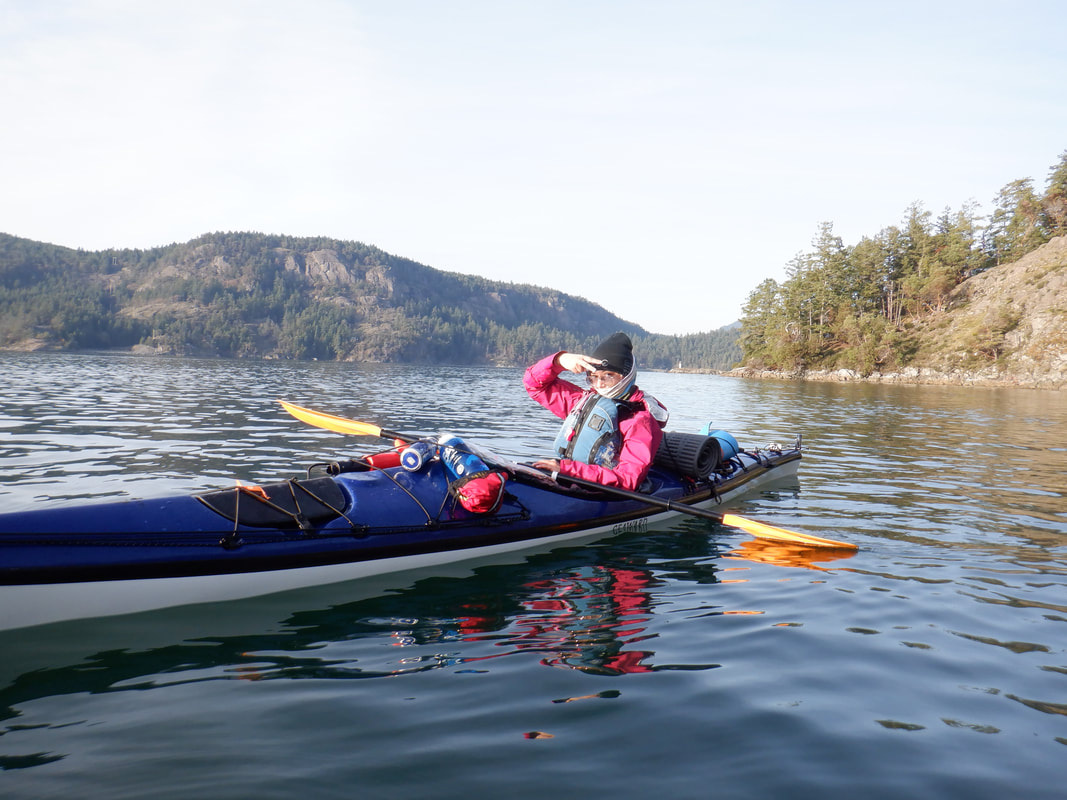 The next day we, the BC Sea Seals, traveled down to Maple Bay, slid our kayaks into the water and began the journey of a lifetime. Leading the team through the ocean waves was harder than I anticipated. In a single kayak, with only my strength to propel me again the current, I was quickly humbled. I had kayaked many times before, but never under those conditions or for that distance. That first day truly challenged me as I physically battled the waters and mentally battled myself. I was the leader. It is a position I frequently take, but in that group, each and everyone one of us shared that capacity. I had to learn to trust and rely on them. Together, as a pod, we traveled those waters encouraging each other while we shared stories and aspirations. I made a point to be the first to reach the beach of our campsite and as I tried to exit the kayak, I fell into the water – no else did, ever. Humbled again. I was experienced in the wilderness, but I was not invincible – this was a time for humility and learning. That night as darkness covered the distant mountains, I listened to the exhale of swimming creatures as I threw rocks into the ocean and marveled at the blue bioluminescent glow of startled dinoflagellates. Had my phone been with me I most certainly would have tried to capture their light, but probably to no avail. In that moment with no distractions, their luminescence was etched into my memory where I hope it stays forever. Over the next several days we saw many sites of incredible splendor. As we traversed, we caught a glimpse of elusive porpoises, spotted a bald eagle feasting on its prey, and admired chubby seals relaxing in their banana pose. Before this trip I did not understand how incredibly adorable seals are! On multiple occasions seals would follow behind our group, intrigued by our presence, and once a seal even followed us for over a kilometer! Looking into the water we would frequently pass through smacks of delicate white moon jellyfish and clusters of purple and orange sea stars. Coming from an inland province, witnessing these creatures in the wild was truly astonishing; however, in all its wonder, I still could not help but imagine what Turtle Island was like prior to colonisation. This part of the ocean is now known as the Salish Seas named after the Coastal Salish First Nations whose traditional territory we were traveling through. The pre-colonisation Coastal Salish First Nations were some of the most prosperous tribes in all of North America due to the rich abundance of the land on which they resided. In particular, the Coastal Salish are known for their generosity, art and architecture with many common images of First Nations originating from the Salish people including: long houses, cedar canoes, potlaches and totem poles. As we continued to kayak, passing rocky and sandy outcrops, a strange looking tree – Arbutus menzeisii – with twisted branches, silken green bark and thick tropical looking leaves, would both greet and reminded us of the power and protection of nature. The Coastal Salish tell of a time where there was a great flood that covered the land. In order to save their people from drowning they tied cedar canoes to an arbutus tree at the top of a mountain. Since that day, the Salish people do not burn arbutus wood out of respect for their rescue. Gliding through those waters surrounded by sacred beings; I was present. I felt the breeze in my hair, the spray of water on my face, the sway of the kayak and the smell of the ocean. No image or video could have captured that moment. As I observed, tasted, listened, touched and smelled, I felt a sense of belonging. 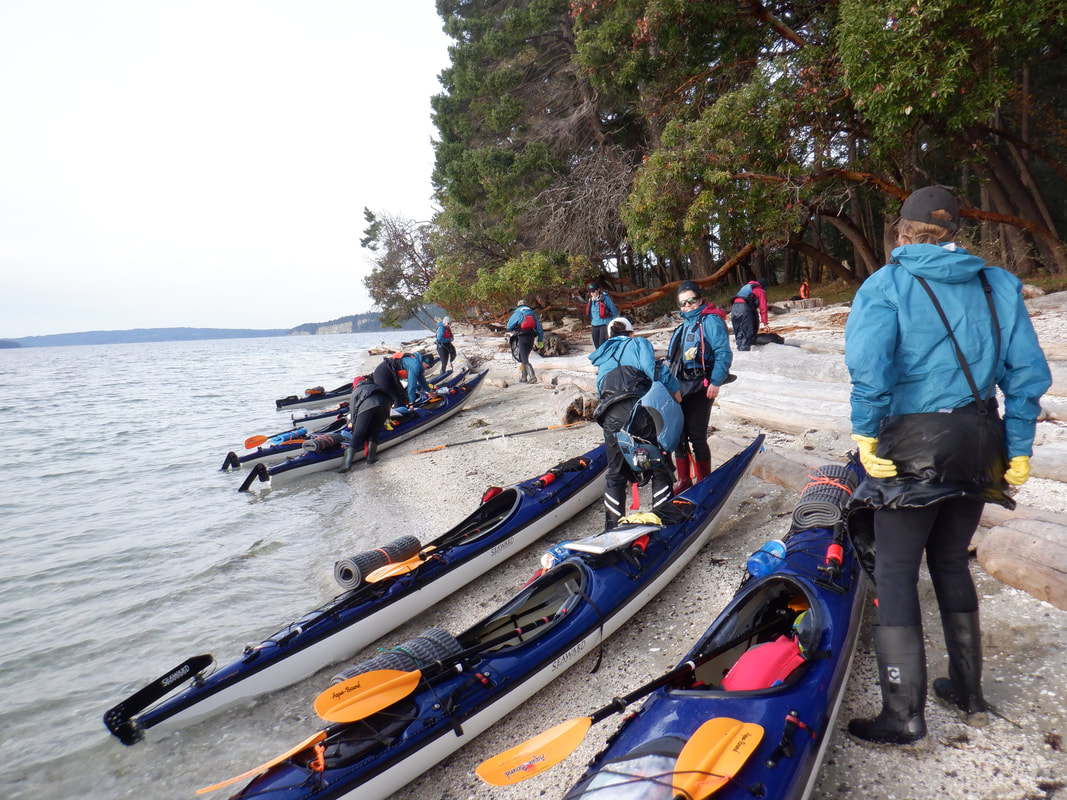 The splendor of nature was not the only beauty I witnessed in the wilderness; my comrades were equally stunning. Traveling through the wilds we could only rely, confide and trust in each other. We become a family in a very short amount of time. With no distractions from phone vibrations or bad songs on Spotify we shared stories of our fears for the future and concerns for returning home. Each one of us felt freedom in the quiet of nature and, on more than one occasion, had voiced concerns over returning to a world of technological connection – of being reunited with our smartphones. When at home technology divides us as much as it connects us. On buses we do not talk to one another as we tap away on our phones, when in a group of new people we hide behind brightly lit screens and as we walk down the street, headphones on, we avoid eye contact with other pedestrians. Yet on the ocean, without technology’s sanctuary, there was no place to hide and no opportunity for façade. It turned out that we did not need our phones and in fact, they were almost too easy to give up. As the days progressed, I watched us all allow vulnerability, gain confidence in ourselves, relax and, most importantly, become present. Nearing the end of our trip we made camp on Blackberry Beach of a forestry island that has zero amenities. Looking down the long dazzling white sand beach with tall conifers and arbutus trees you would never know the scars that the island is hiding at its interior – a hollow clear cut. We were told that this land was sold to a logging company generations ago for a minimal sum. With a sad heart I never gazed the destruction, yet I doubt its rarity. How much devastation and turmoil in our world is hidden behind beautiful exteriors? On that island we conducted our solos. An appropriate selection for a 24-hour period of isolation where we would confront our interiors. As we prepared for our solitary experience, you could once again see a mixture of angst, hesitation and excitement on peoples faces – similar to when we were told to leave our phones behind. Our last safety net of connection, each other, was about to be removed. When was the last time that we were truly alone with no friends or phones to keep us company? For myself, as with others, it had been too long to remember, perhaps even never. In silence, after the instructions were given, we each walked the down the beach and through the forest and until we reached the spot where we would reside in isolation. One by one as my comrades arrived at their plots and as I witnessed the emotions written plain on their faces one fact became clear; this would be a significant experience for all of us. As I reach my plot and gazing down the slope, I realised I had access to a driftwood covered beach. Amazing! Where we had camped the previous night was devoid of any driftwood, so this beach was truly a blessing and I knew exactly what I was going to do. Build a castle. 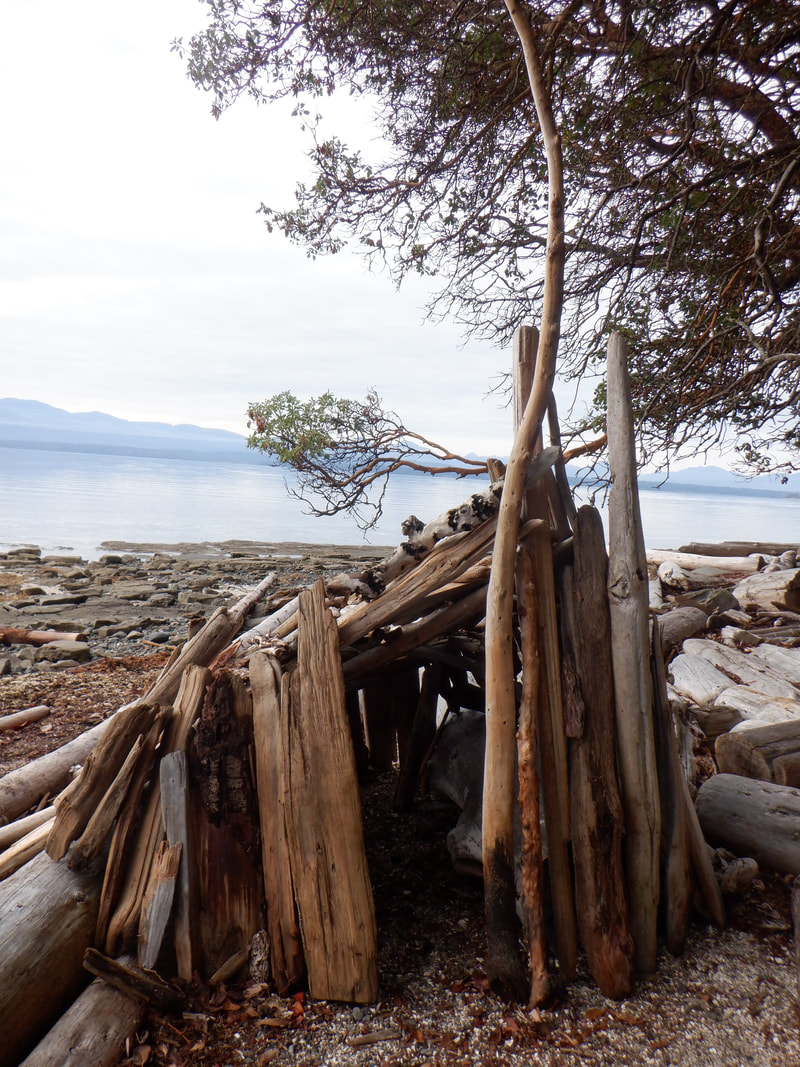 For the duration of the day I worked to accomplish my mission. I chose a site between two big logs, below a magnificent arbutus tree. From there I walked down the beach collecting wood acting as both an architect and a builder. As I continued construction time passed fluidly. I had no watch to check, but as the tide moved in and out and the sun dance across the sky, the day progressed. On a typical day how would I check the time? I would look at my phone, unlock it and once again get the dopamine flowing…perhaps it would be a wise to acquire a watch. As I persisted in my work, I knew I would never spend time in my castle again, but that fact was irrelevant for there was pleasure in my artistry. Although I was isolated from my companions I was never alone – I was surrounded by life. A king fisher was perched on top of the bluff then swooped into the ocean to catch a fish. A seal swarm right up to my shore and was just about to rest on my sandy beach, when sadly, he startled at my presence and swam away. In the intertidal zone seagulls smashed molluscs on rocks in preparation for a shellfish dinner. A raccoon, standing still, stared me down, fabricating his escape route on the same mission as the seagulls – this was the first time I had ever seen a raccoon not reliant on humans. Massive sea lions one by one swam in the distance, loudly gasping for oxygen as they traveled by violently flinging their prey side to side while hordes of opportunistic seagulls flew overhead ready for any available morsel. As the wind whistled through the leaves of the sacred arbutus, I understood that Nature is humanity’s oldest friend. After I had completed the castle, I hung my tarp inside and started a fire. I have started countless fires in my lifetime, but that day I was using matches like I was eating potato chips, consuming one after another. Eventually when I did get my fire started, I was ashamed of my impatience and ill prep and once again was humbled. Shelter built, wood gathered, and fire started I took time to relax. I watched the golden sunset transform into a sky of lilac-rose, listened to the soothing hymn of the waves and smelled the smoke of my fire. I then took out my journal, drew my castle and sorted my thoughts. Art. I used to be so artistic, drawing, painting, crocheting, and playing instruments, but sometime in my pursuit of scientific education my artistic expression died. Throughout the trip I listened to people play the ukulele and it surfaced a sorrow I had long been repressing. I missed art. I had let it perish and for that, I have no defence. As I looked at my castle and my drawing, I decided to never let it die again. When return home, I will revive my old friend. This will be my relaxation. What do I usually do to relax? Read an article online, watch a video on YouTube, infinitely scroll down my Facebook feed. None of those things are relaxing. One night, a fellow BC Sea Seals mentioned how she could feel her brain become quiet, no longer cluttered by the noise of a million thoughts. I could feel it too. In the wilderness, without trivial preoccupations, the whispers of my inner truths become apparent. On that beach I had no other task than to exist. It was almost an alien feeling to my usual sensation of guilty relaxation. After all, there is so much to do…right? Wrong. 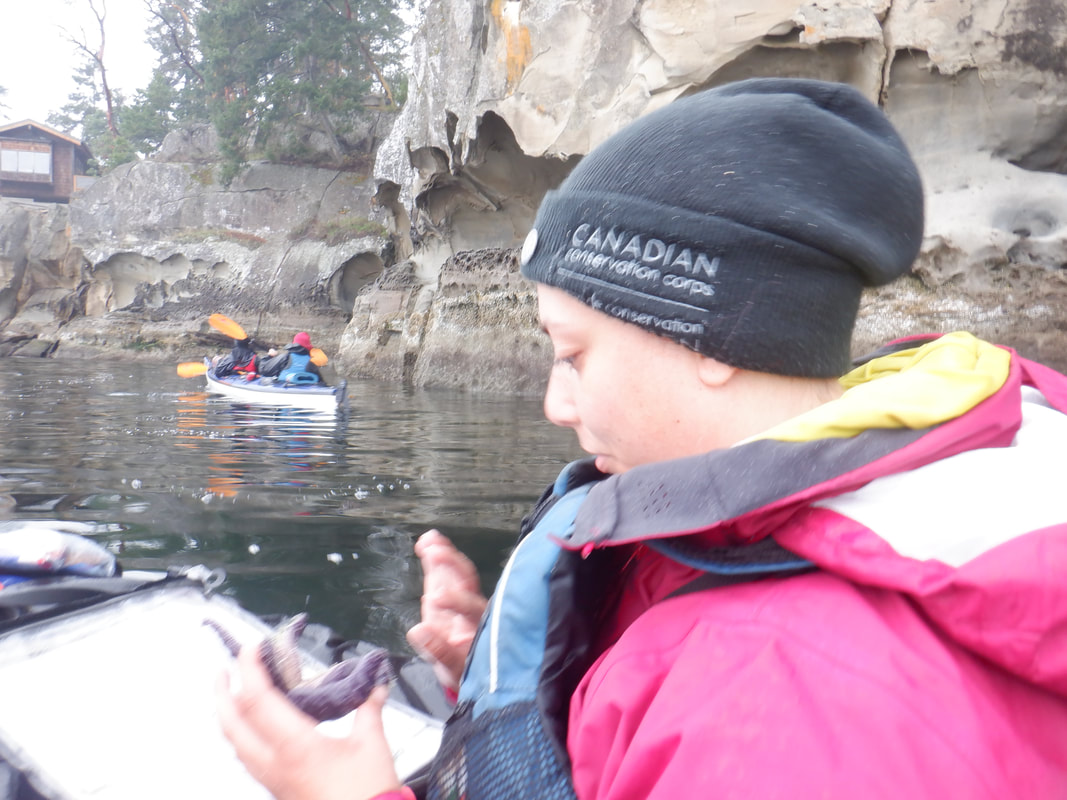 Social media and information glut have left many of us sedated. Today we experience such intense and constant stimulation that we are almost inexplicably drawn to and captivated by things we do not even care about. Our brains are both busy and exhausted all at the same time. With this lack of mental energy is it really a surprise that anxiety and depression are on the rise? When I think about humanity’s connection to Nature one question comes to mind. Why does it feel as though the older we get the less we see? This question has nothing to do with hectares of greenspace, but rather with a state of mind. Watching a child stare at a bird or chase a butterfly, one witnesses the pure wonder which they themselves have long forgotten in adulthood. Our society has become so engrossed with trivial matters of vanity and consumption that we have distanced ourselves from that which breathed us life, calm, healing and prosperity for time immemorial. Nature. Her embrace has been proven to cure mental health issues, to strengthen and heal immune systems and quiet the mind so we can hear the buzz of all the non-human life around us. As I contemplate the effects of smartphones, on myself and society I can not help but consider Billy Joel’s Vienna lyrics “Take the phone off the hook and disappear for a while.” I think that is exactly what we need, to take time with our thoughts, to practice selfcare and to watch the clouds roll by while listening to universe’s whispers carried to us by the wind. When the final day of the expedition arrived, I was a leader once again – a leader the first, a leader the last. It was also was the first full day of rain we had experienced throughout the entirety of the trip – we had encountered the best November weather the region had seen in over 60 years. On our last day of travels, we passed by rocky intertidal zones at low tide and were able to see constellations of sea stars close enough to touch. As we pulled up to our final shore, packed our kayaks and traveled back to Comox, I had much to think about. I had just been informed that during our days at sea my grandfather had passed away. Grief stricken, before I even said a word, the BC Sea Seals comforted me, like family. When I arrived back to base I was hesitant to pick up my phone. We all were. I did not want to go back to who I was before that journey. I did not want to be seduced by colourful screens and mindless happenings. This trip was both a gift from Canada and my grandfather who have always supported my dreams. As I sit here, thinking back on all the joy that trip brought me, as well as what I unknowingly gave up by attending it. I vow to not let it be vain. I will rejuvenate my inner artist, take time to observe the beauty of nature and will accomplish my endeavour of becoming a global leader in conservation-minded sustainable agriculture. I promise. Written by: Fallon Hayes
7 Comments
Michael
4/30/2020 05:06:29 pm
Wow, just wow. Never thought of it this way. Definitely going to take some time to get off of my phone.
Reply
Calvin Hayes
4/30/2020 07:19:37 pm
Amazing read
Reply
Sandra
4/30/2020 07:52:14 pm
Wow what a great experience.
Reply
Diane Huson
5/1/2020 06:55:38 am
This is so very well written and a good lesson for all the people who feel they cannot survive without their cell phones!
Reply
Bernadette
5/1/2020 07:11:29 am
Congratulations well done!
Reply
Sue and Ken
5/5/2020 09:23:45 am
What a wonderful experience. Something you will remember always.
Reply
Fantastic blog! Do you have any tips and hints for aspiring writers? I’m planning to start my own website soon but I’m a little lost on everything. Would you propose starting with a free platform like WordPress or go for a paid option? There are so many options out there that I’m completely overwhelmed .. Any suggestions? Many thanks! <a href="https://homearama.tv/">Home Arama</a>
Reply
Leave a Reply. |
AuthorWrite something about yourself. No need to be fancy, just an overview. Archives
October 2021
Categories |
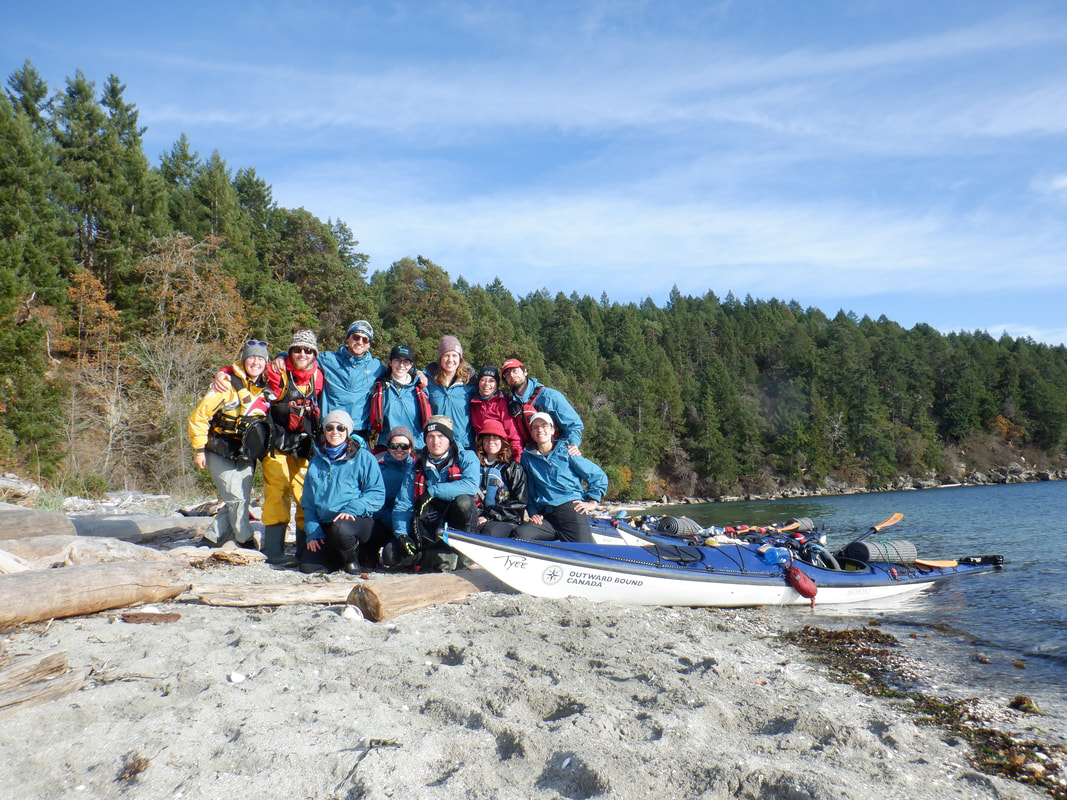
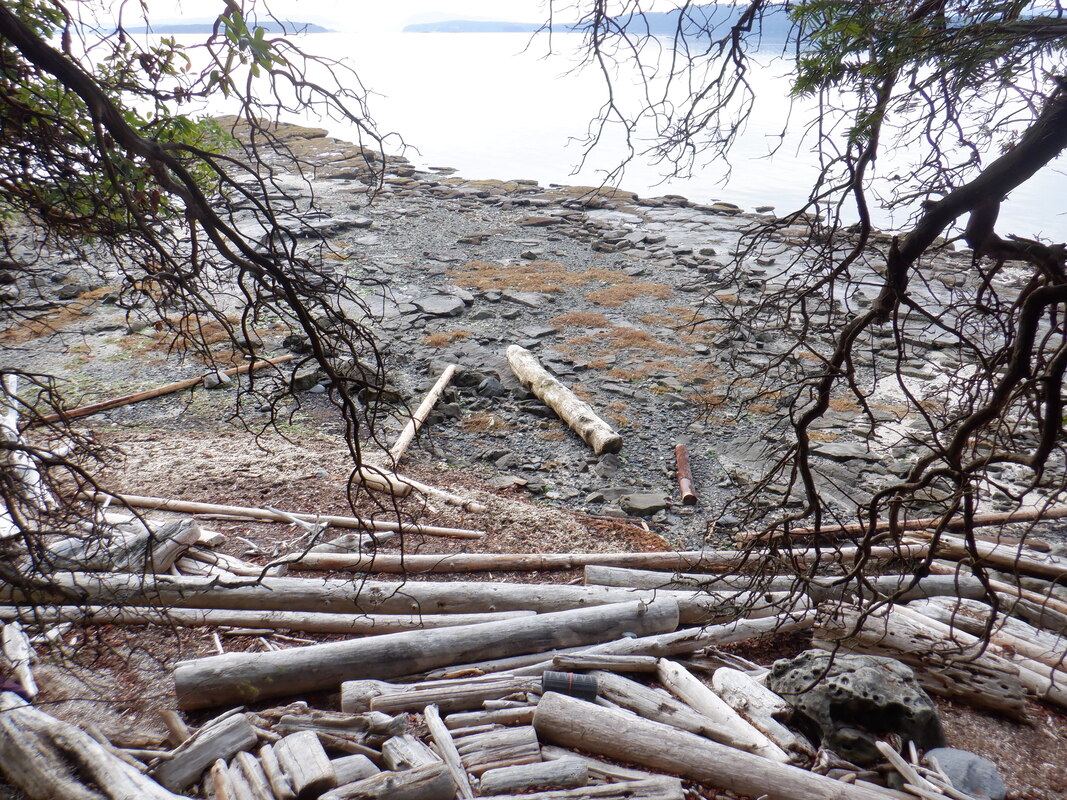
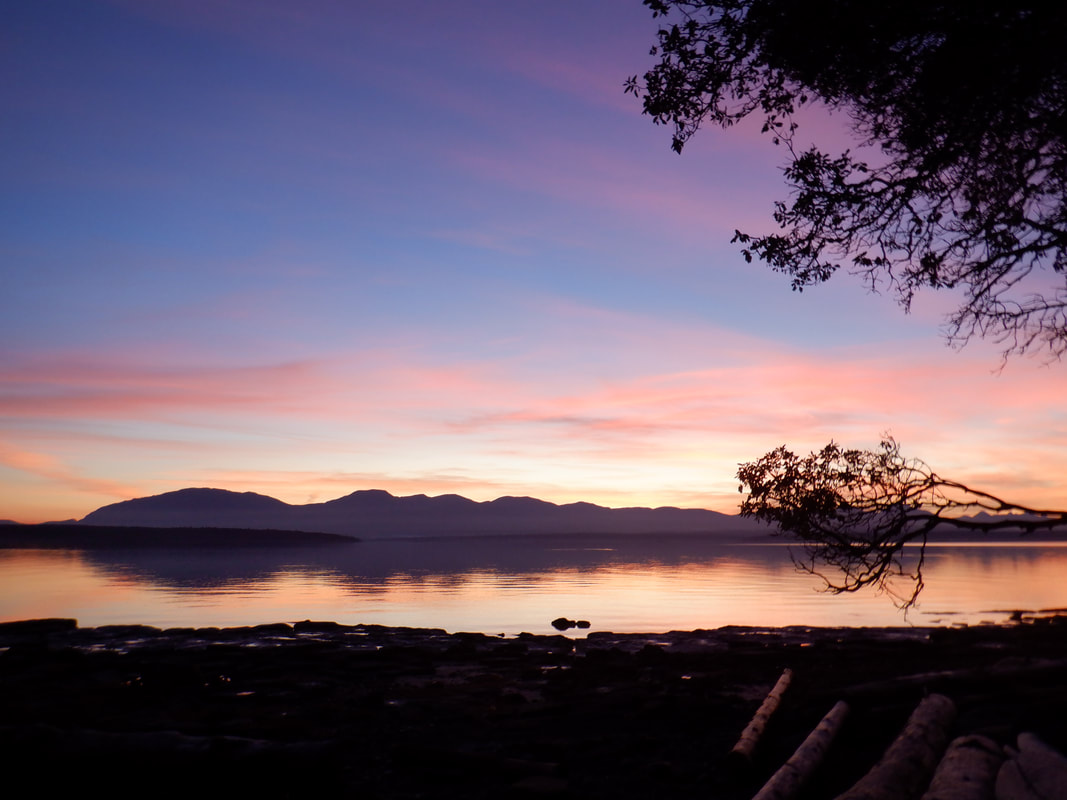
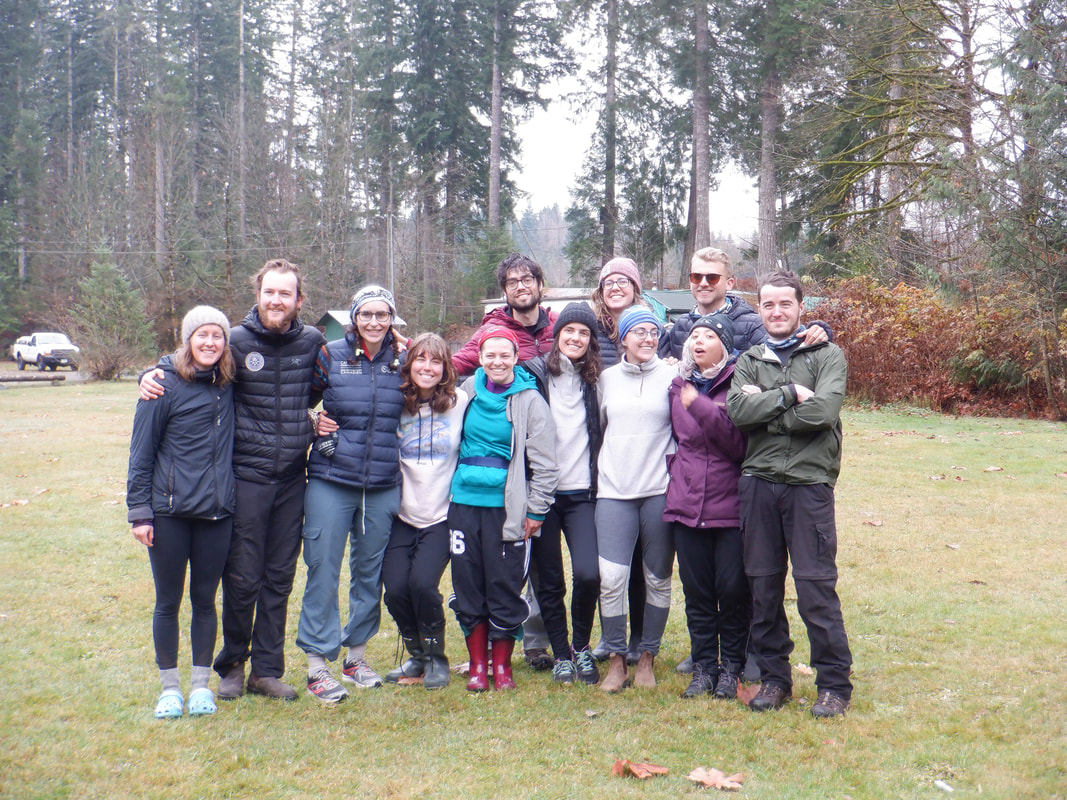
 RSS Feed
RSS Feed